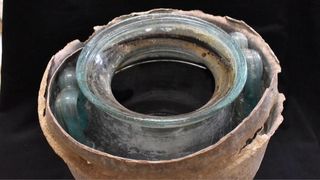
2,000-year-old funerary urn found in Spain contains the world's oldest known liquid wine
Scientists discovered the oldest known wine in liquid form inside a Roman-era tomb in Spain.

Scientists discovered the oldest known wine in liquid form inside a Roman-era tomb in Spain.
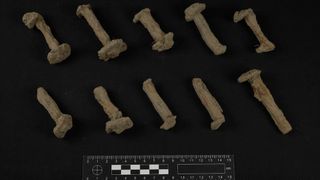
A scattering of rivets found in a field in Norway could be evidence of a Viking Age ship burial.
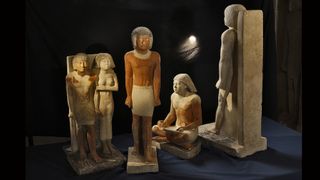
The development of osteoarthritis was more common among scribes than their ancient Egyptian peers, a study finds.
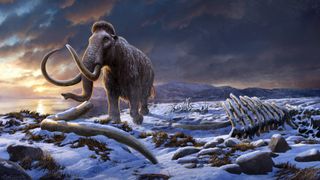
Woolly mammoths survived on Wrangel Island for 6,000 years after their mainland cousins had perished. A new genomic study has revealed that this final population likely died from a sudden, mysterious event.
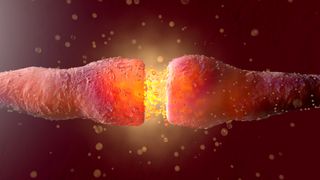
A new study has uncovered the role that a specific molecule in the brain plays in maintaining long-term memory.

An AI candidate running in the Wyoming mayoral race has been disabled by the company that developed the technology. But its creator says he has not given up.
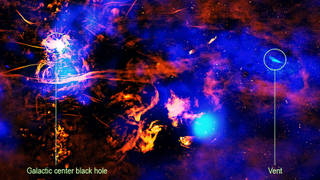
A gargantuan "exhaust vent" may be channeling hot gas away from the Milky Way's supermassive black hole at millions of miles per hour — and filling up two enormous bubbles that tower over the galaxy.
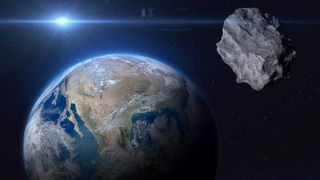
Shorty after 4 p.m. ET today (June 27), the mountain-size asteroid 2011 UL21 will come within 5 million miles of Earth, making it one of the largest space rocks to come that close to our planet for 125 years. Here's how to watch the close encounter live, or see it with a telescope.
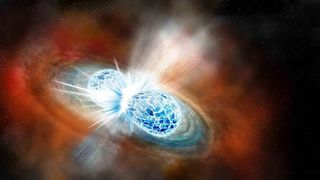
New research suggests that colliding neutron stars can briefly "trap" ghostly particles called neutrinos, which could reveal new secrets about some of space's most extreme events.
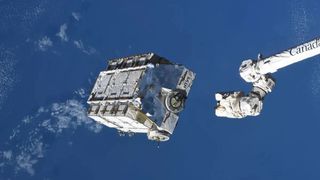
A falling piece of space junk from the ISS crashed through two floors of a Florida family's house in March. The family has now asked NASA to pay for the damages.
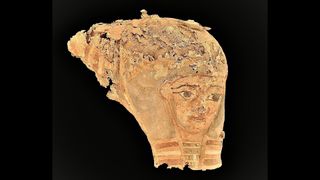
The more than 30 tombs include family burials, such as children buried with their parents, in a hillside in Aswan, Egypt.
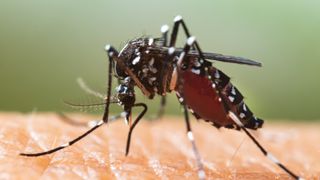
The CDC has issued a new health alert as global cases of dengue fever soar.
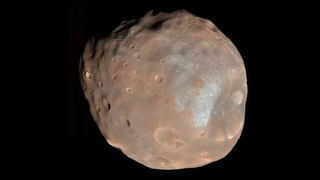
The starchy-looking moon Phobos, destined to crash into Mars' surface, has been revealed in new detail by NASA's Mars Reconnaissance Orbiter. The 'space potato' image was recently shared on NASA's Instagram.
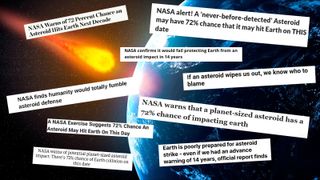
Experts from NASA and other international organizations recently simulated their response to a hypothetical asteroid impact scenario. The test was deemed a success. However, several media outlets have misreported the group's findings.

An ocean that opened up in what is now Mongolia 410 million years ago was created by a hot upwelling of rock known as a mantle plume.
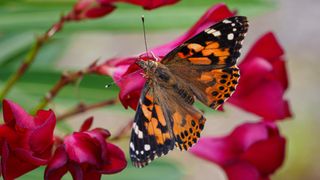
Painted lady butterflies discovered in French Guiana — thousands of miles from their usual habitats — got there through a Herculean transoceanic flight.
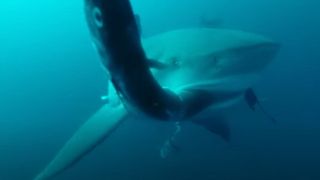
Sharks in the Gulf of Mexico are learning to associate boat engines with food, leading to more and more cases of depredation, experts say.

Scientists estimate that a person needs tens of thousands of extra calories to support a pregnancy — but there's no one-size-fits-all answer.
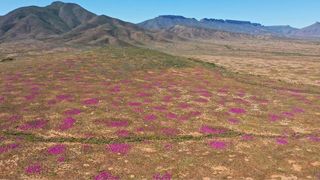
The world's oldest termite mounds have been collecting carbon from the atmosphere for thousands of years.